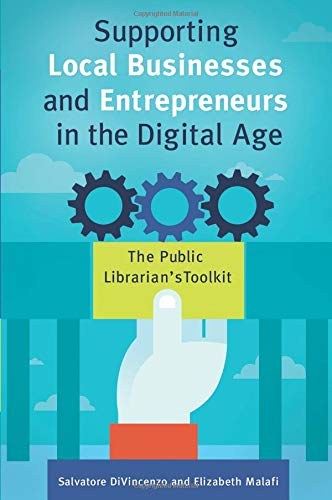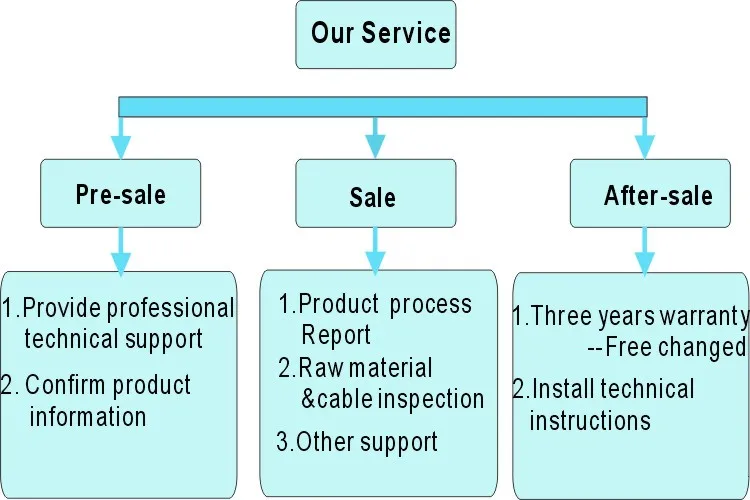Understanding Small Business Administration Loan Requirements: A Comprehensive Guide for Entrepreneurs
#### Small Business Administration Loan RequirementsThe **Small Business Administration (SBA)** provides various loan programs designed to help small busine……
#### Small Business Administration Loan Requirements
The **Small Business Administration (SBA)** provides various loan programs designed to help small businesses secure the funding they need to grow and thrive. However, navigating the loan application process can be daunting, especially when it comes to understanding the specific **small business administration loan requirements**. This guide aims to clarify these requirements and equip entrepreneurs with the knowledge they need to successfully apply for SBA loans.
#### What Are SBA Loans?
SBA loans are government-backed loans designed to support small businesses by offering favorable terms and lower interest rates compared to traditional financing options. The SBA does not lend money directly; instead, it guarantees a portion of the loan, reducing the risk for lenders and making it easier for small businesses to access capital.
#### Key Small Business Administration Loan Requirements
1. **Business Type and Size**: To qualify for an SBA loan, your business must meet the SBA's definition of a small business. This typically means having fewer than 500 employees and meeting specific revenue thresholds, which vary by industry.

2. **Creditworthiness**: Lenders will assess your credit history and credit score. A good credit score (typically 680 or higher) is often required to secure an SBA loan. This demonstrates your ability to manage debt responsibly.
3. **Business Plan**: A comprehensive business plan is crucial. This plan should outline your business goals, market analysis, financial projections, and how you intend to use the loan funds. A well-prepared business plan can significantly enhance your chances of approval.
4. **Collateral**: While not always mandatory, providing collateral can strengthen your application. Collateral may include business assets like real estate, equipment, or inventory, which can be seized by the lender if you default on the loan.
5. **Financial Statements**: You will need to provide detailed financial statements, including profit and loss statements, balance sheets, and cash flow statements. These documents help lenders assess your business's financial health and ability to repay the loan.
6. **Personal Guarantee**: Most SBA loans require a personal guarantee from the business owner. This means that you agree to be personally responsible for repaying the loan if your business cannot.

7. **Legal Requirements**: Your business must be legally registered and compliant with all federal, state, and local regulations. This includes having the necessary licenses and permits to operate your business.
#### Types of SBA Loans
There are several types of SBA loans, each with its own requirements and purposes:
- **7(a) Loan Program**: This is the most common SBA loan program, offering loans for various business purposes, including working capital, equipment purchases, and real estate.
- **504 Loan Program**: Designed for purchasing fixed assets, such as real estate and equipment, the 504 loan provides long-term financing at a fixed interest rate.

- **Microloan Program**: This program offers smaller loans (up to $50,000) to startups and small businesses, often with less stringent requirements.
#### Conclusion
Understanding the **small business administration loan requirements** is essential for any entrepreneur looking to secure funding for their business. By familiarizing yourself with these requirements and preparing the necessary documentation, you can increase your chances of obtaining an SBA loan. Whether you are starting a new venture or expanding an existing one, an SBA loan can provide the financial support you need to achieve your business goals. Remember to consult with a financial advisor or an SBA representative to ensure you meet all the requirements and to guide you through the application process.